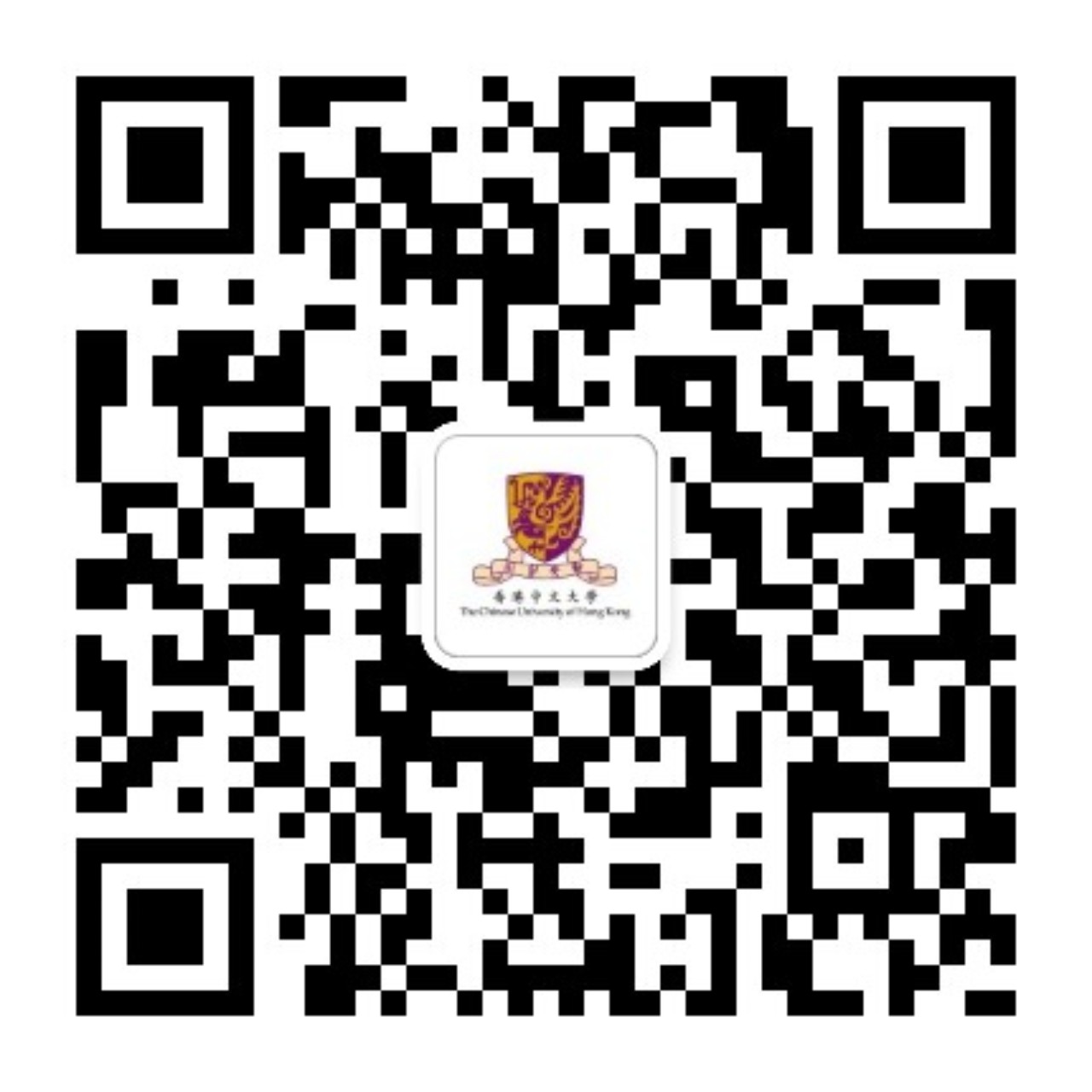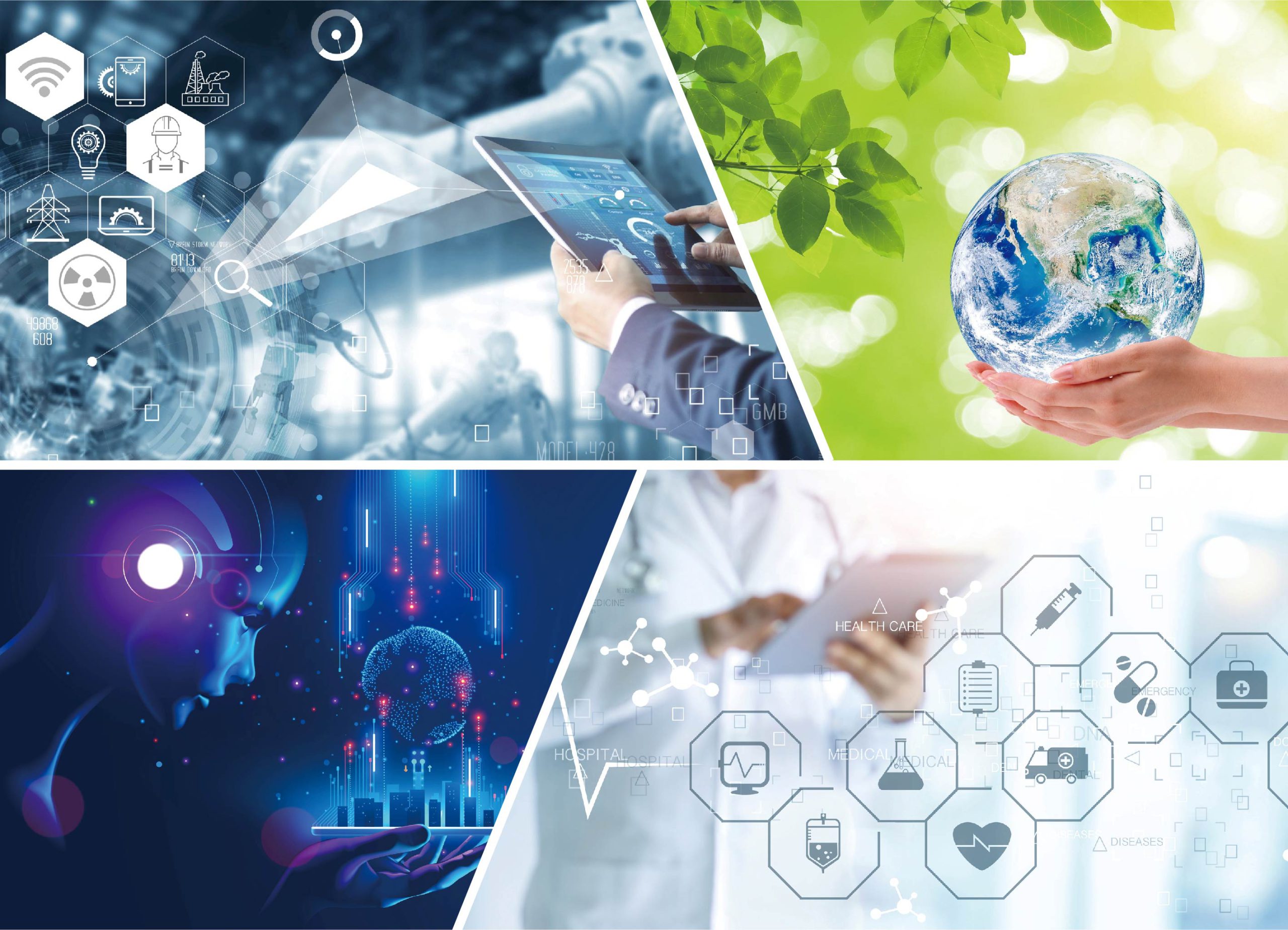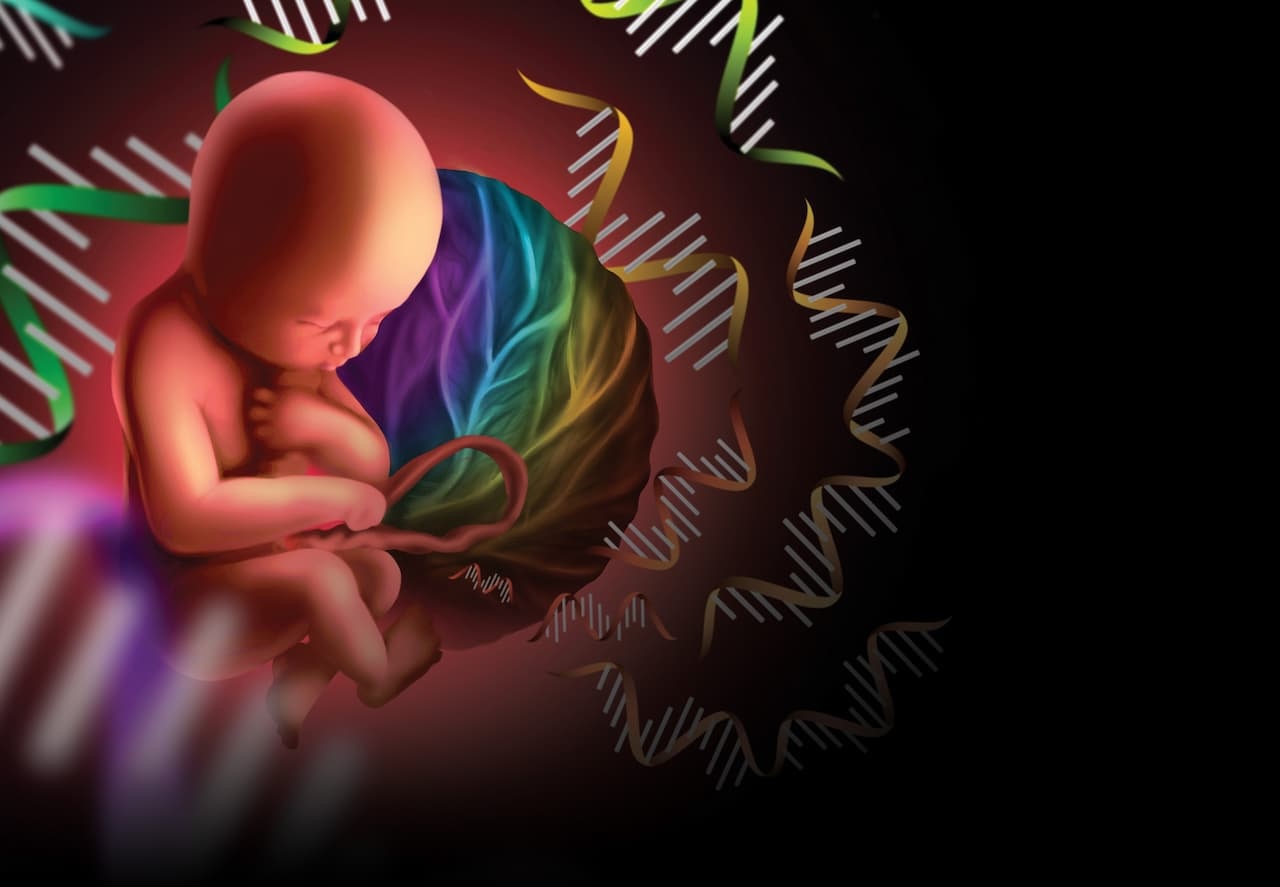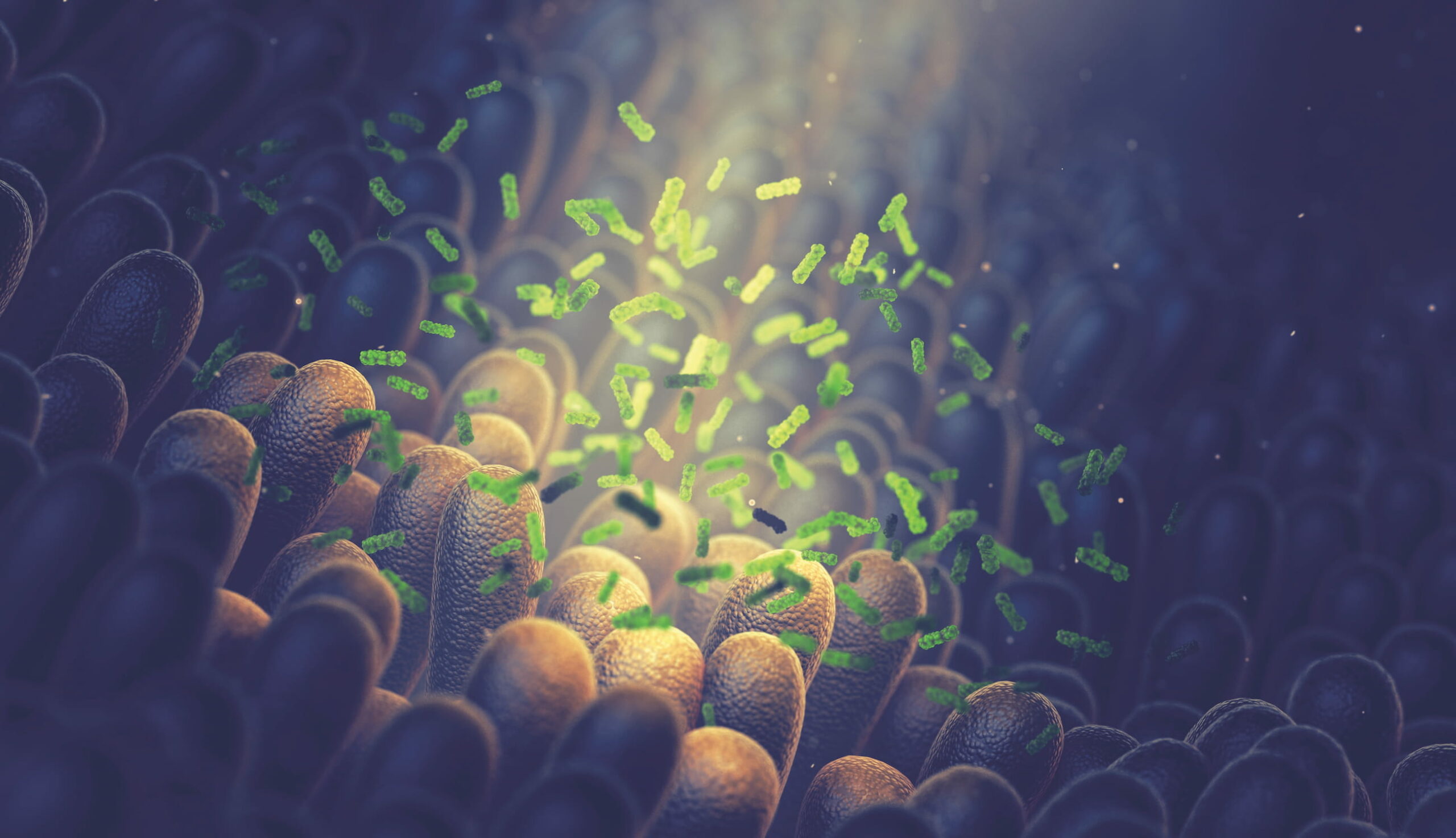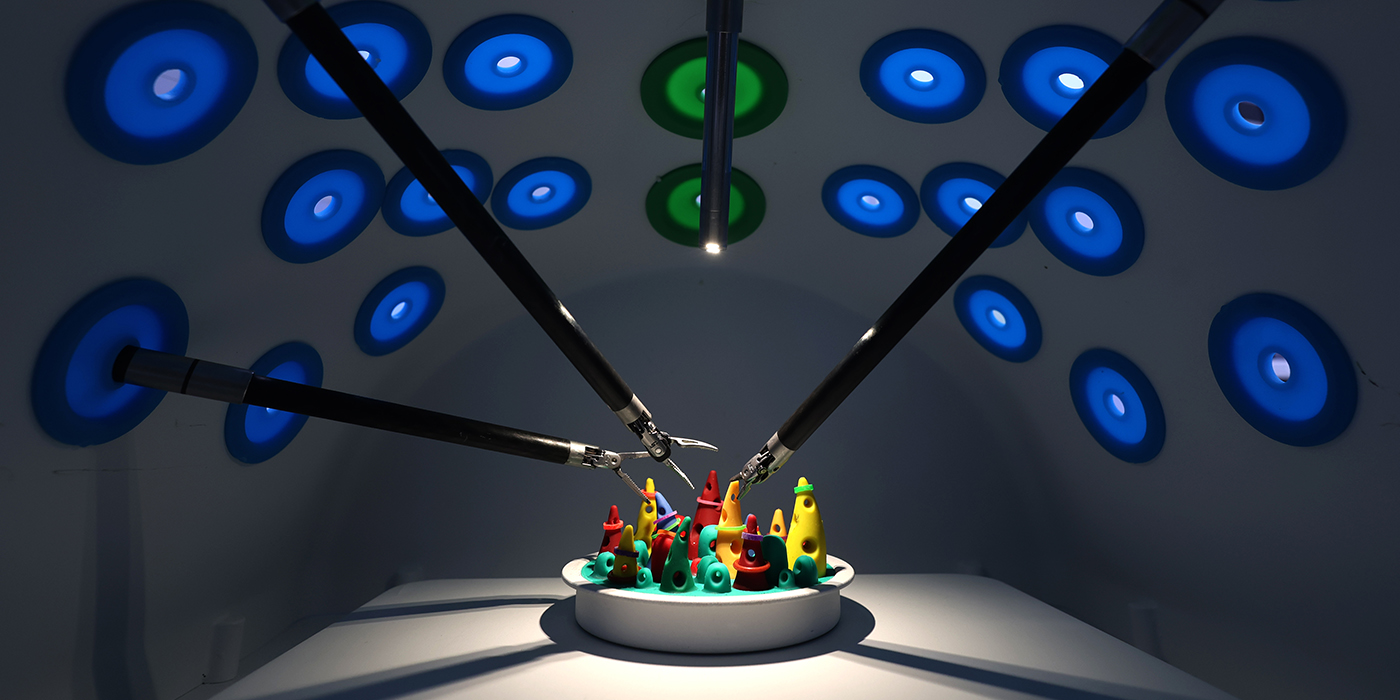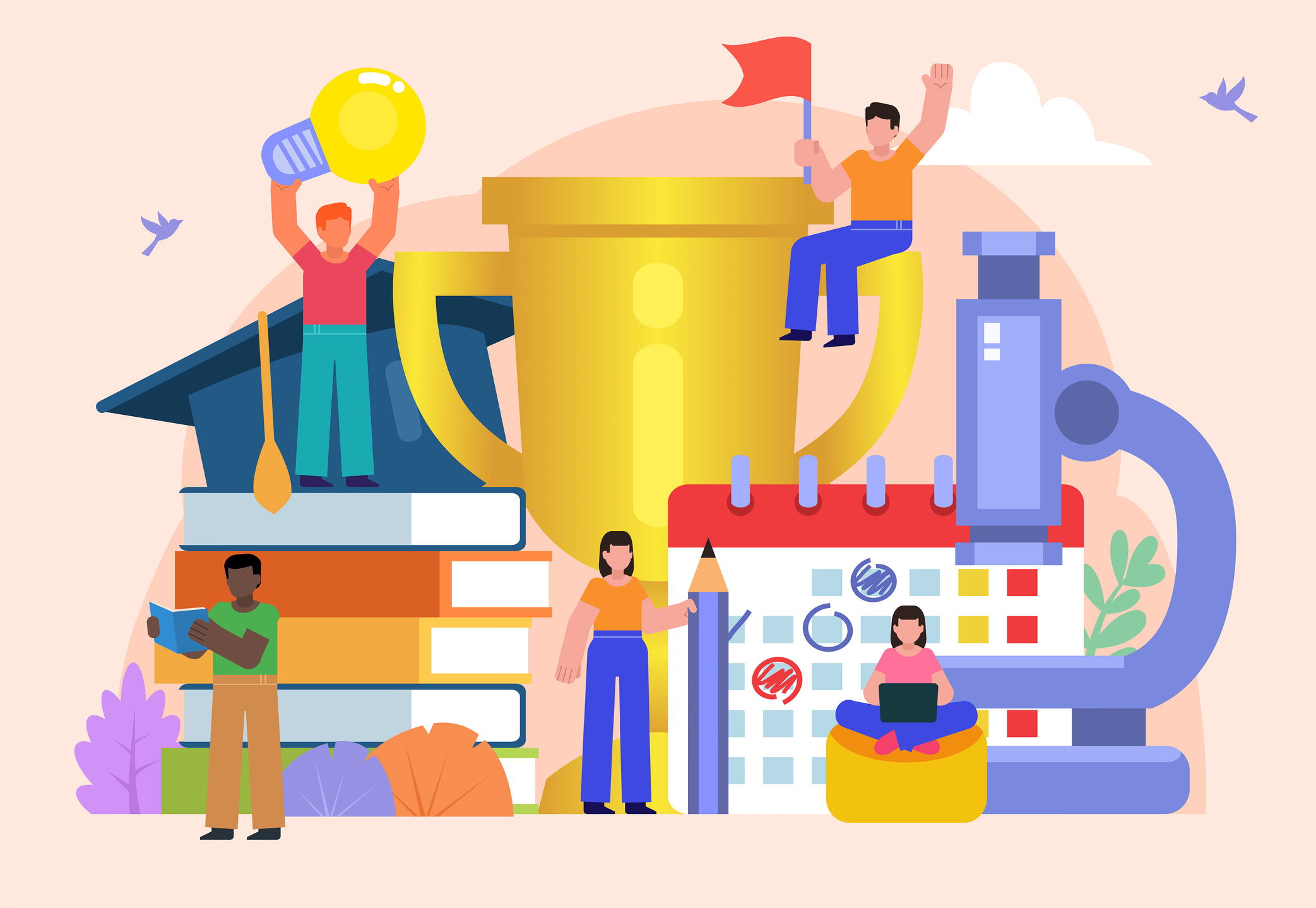Researchers at The Chinese University of Hong Kong (CUHK) are dedicated to innovation that improves people’s health and life. In the face of the rapid development of technologies covering life and health, artificial intelligence, smart cities, robotics, and the environment and sustainability, how does scientific research focus on the needs of society and meeting market demands? CUHK Innovation has interviewed scholars and alumni from CUHK and told 13 stories of how their innovative findings have changed the world.
Life and Health Technology
Unlocking the Body’s Secrets with a Drop of Blood
Most parents want to pass on “good” genes to their children, but those with genetic disorders often worry that the inherited disease will run in the family. Professor Dennis Yuk Ming LO from the Department of Chemical Pathology of the Faculty of Medicine has developed a cell-free DNA testing technology. Just a single drop of blood can diagnose genetic disorders in a foetus. Other applications beyond pregnancy include identifying infections, monitoring rejection following transplantation and detecting occult cancers. (Full article)
Taking Lung Cancer Treatment to Another Level
Lung cancer has long been one of the commonest and deadliest cancers worldwide. Recognised by oncology platform OncLive as a Giant of Cancer Care, Professor Tony Shu Kam MOK from the Department of Clinical Oncology of the Faculty of Medicine is providing lung cancer patients with fresh hope by decoding the commonly mutated genes in lung cancer and developing targeted therapies, including immunotherapy, which have successfully increased patients’ lifespans. (Full article)
Harvesting the Gut Microbiota to Boost Immunity
During the pandemic, more and more people have been looking for ways to boost their immune systems, protecting them against the coronavirus. The balance of the gut microbiome plays an important role in the functions of our immune system and brain. The team led by Professor Francis K.L. CHAN and Professor Siew Chien NG from the Faculty of Medicine has identified novel bacteria signatures that characterise various gut disorders. Recently, they have successfully developed a microbiome immunity formula, which hastens recovery and boosts antibody formation in patients with COVID-19 via restoration of the gut microbiome. (Full article)
Getting Injured Athletes Back on Their Feet
No matter what their sport is, most athletes face a career-long battle against injuries and their debilitating effects. Professor Patrick Shu-hang YUNG from the Department of Orthopaedics and Traumatology of the Faculty of Medicine, in collaboration with the Sports Medicine and Health Sciences team at CUHK, combines cutting-edge medical technology with the use of biomaterials and stem cell therapy to help distressed athletes recover and return to the field. (Full article)
Artificial Intelligence and Smart Cities
Building a More Intelligent World with AI
Artificial intelligence has become ubiquitous in the modern world, powering technologies that we experience every day, as well as others we’re less aware of, in industries from medical testing to manufacturing. Professor Dahua LIN from the Department of Information Engineering is taking the development of AI and deep learning to the next level, leading the CUHK Multimedia Laboratory as it unleashes the potential of the technology through research and commercialisation. He also heads up a newly established research institute that allows CUHK to collaborate on the future development of computer vision and interdisciplinary AI research. (Full article)
Employing AI to Streamline Factory Production
Artificial intelligence is at the heart of the so-called Industrial Revolution 4.0, in which countless manufacturing processes are being entirely overhauled using automation and intelligent systems. Dr. Xiaoyong SHEN, a CUHK alumnus and entrepreneur, has built a unicorn startup in partnership with Professor Jiaya JIA, a world-class scientist specialising in computer vision and AI. They have developed an intelligent manufacturing inspection system that can self-learn and adapt to different manufacturing environments and manage different tasks, paving the way for the smart factories of the future. (Full article)
Driving Down Data Loss with Network Coding
As we enter the era of the fifth generation of mobile networks and the Internet of Things, network coding will be the steam engine that drives them, allowing more devices to be connected to the internet. Professor Raymond YEUNG from the Department of Information Engineering, has developed a new data coding process, reducing the amount of data lost in multi-node wireless transmission, while increasing the data transfer volume and guaranteeing a more robust and stable network. Network coding can be applied not only to existing mobile networks, but also to satellite communication, data encryption and cloud storage. (Full article)
Artificial Intelligence and Robotics
Streamlining Surgical Robot Development
Surgical robots are the future of healthcare, which help doctors complete surgical procedures with more precision and flexibility. Professor Philip CHIU from the Department of Surgery of the Faculty of Medicine and Professor Samuel AU from the Department of Mechanical and Automation Engineering proposed the setting up of Asia’s first pre-clinical research base in Hong Kong in 2017 to serve as a one-stop platform, integrating research and clinical work. It develops surgical robotics for clinical purposes, but it also provides pre-clinical data and medical evaluation that make it far easier to get novel surgical robots to market. (Full article)
Giving Robots the Gift of Vision
In the Greater Bay Area, more and more companies from labour-intensive fields like logistics, construction and medicine have started using robots in recent years to solve their manpower shortages. Professor Yun-hui LIU from the Department of Mechanical and Automation Engineering, has developed a variety of automatic robots, including a smart guidance system that can convert manual forklifts into automated ones, and a smart gripper, providing one-stop intelligent automation solutions for the logistics industry. He also developed a robotic endoscope and a robotic laparoscopic hysterectomy system to facilitate the process of surgery. (Full article)
Training AI to Understand Human Language
Thanks to speech and language technologies, communication between humans and machines has never been easier. Using artificial intelligence and deep learning, Professor Helen MENG from the Department of Systems Engineering and Engineering Management, enables computers to analyse human language and extract information encrypted in speech. She has also developed a computer model that helps patients suffering from dysarthria to reconstruct disordered speech to normal-sounding via AI, making communication a lot easier for them. (Full article)
Environment and Sustainability
Developing Stress Tolerant Soybeans to Safeguard Food Security
Nearly a tenth of the world’s eight billion people suffer from food shortages, while more than 400 million people in Asia experience hunger. Professor Hon-Ming LAM from the School of Life Sciences, has identified and cloned a novel salt tolerance gene from wild soybeans with state-of-the-art genome sequencing and molecular biology technology, and applied it to the breeding of salt-tolerant soybeans using molecular markers. He successfully developed novel non-transgenic soybean cultivars that can be grown on salinised, semi-arid land. (Full article)
Powering the World with Greener, Safer Batteries
Battery storage plays a crucial role in ensuring a stable supply of renewable energy. Unfortunately, though, existing battery technologies are far from satisfactory in terms of cost, environmental friendliness, safety and stability. Professor Yi-Chun LU from the Department of Mechanical and Automation Engineering is fixing that by using new materials to develop batteries that are safe, cheap and environmentally friendly. They include a novel aqueous electrolyte using a common skin cream ingredient that removes toxic and flammable chemicals from lithium-ion batteries. (Full article)
Improving Autistic Children’s Social Skills with Robots
Children with autism spectrum disorder (ASD) struggle to communicate with human being, so training them social skills merely human-based intervention can be a challenge. Professor Catherine SO from the Department of Educational Psychology introduced social robots as a way of teaching children with ASD to communicate with others and founded a social enterprise that could expand and benefit more autistic children. (Full article)

